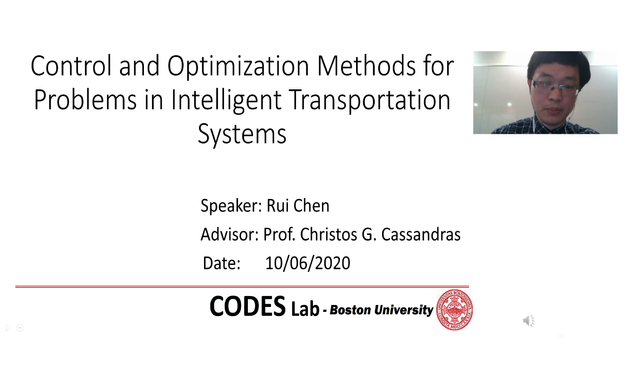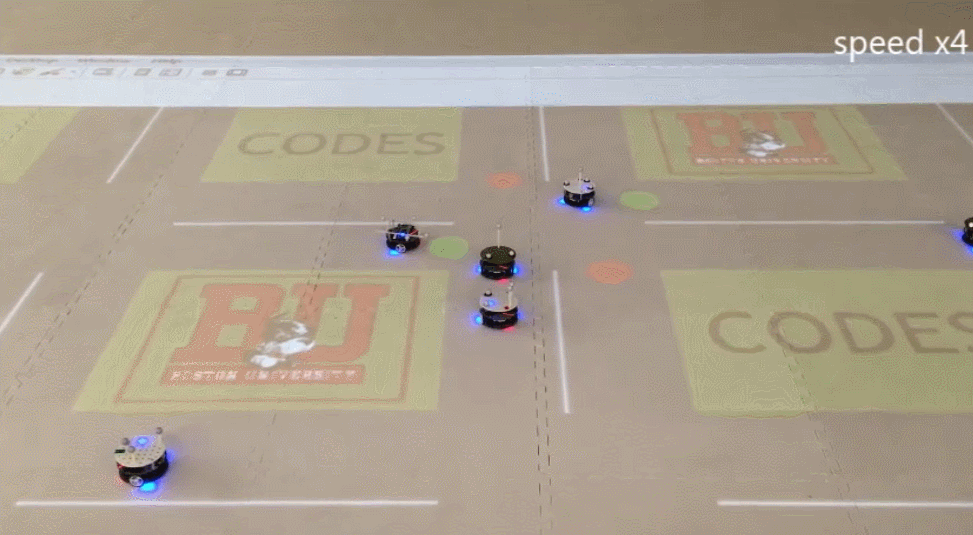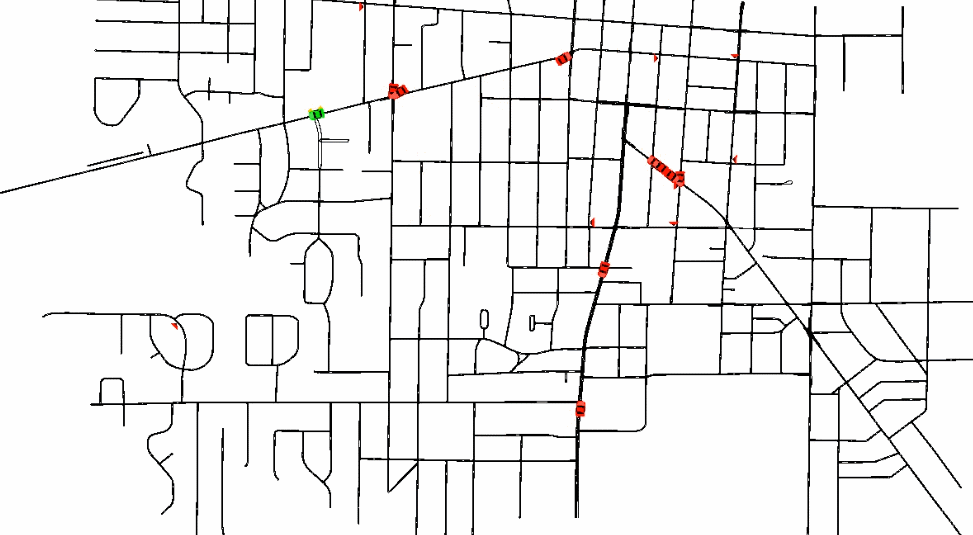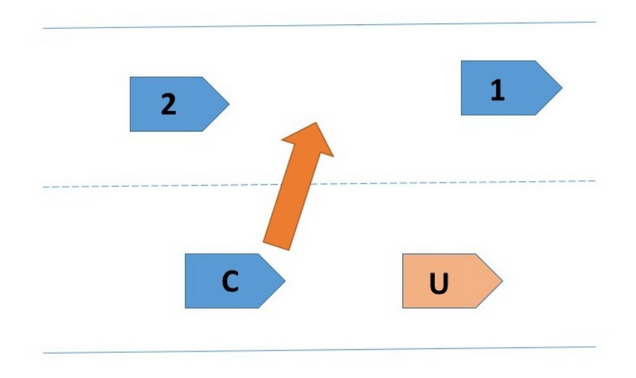Rui defended his Ph.D. thesis!
Despite the COVID-19 crisis has affected the way in which we communicate, collaborate and work, Dr. Rui Chen has managed to successfully finish and defend his Ph.D. dissertation on Control and Optimization Methods for problems in Intelligent Transportation Systems (ITS). We congratulate him on this important milestone in his academic, professional and personal development.

Rui joined the Division of Systems Engineering at BU in 2015 after obtaining his M.S. and B.S. in Controls Engineering at Huazhong University of Science and Technology and Shanghai Jiao Tong University, respectively. At the beginning of his defense, he motivated his work on ITS by highlighting that the cost of commuter delays has risen by 260% over the past 25 years. His aim, is to reduce this number by the use of intelligence through the advantages on communication and computation that connected and automated vehicles (CAVs) provide. More specifically, in his work, he addresses three problems: Traffic Light Control, Vehicle assignment and routing in Mobility-on-Demand systems, and Lane Change Maneuvers.
He started the body of his presentation by explaining the Multi-intersection Traffic Light Control (TLC) problem, which involves to dynamically select the roads’ green and red light cycle lengths in order to control the traffic flow through multiple intersections. Dr. Chen extended the literature using by adding delays between intersections and by modeling the system as a Stochastic Flow Model (SFM). These delays allow vehicles to travel within a road without being part of the intersection queue, he explained. Then, he introduced the use of Infinitesimal Perturbation Analysis (IPA) together with a gradient-descent method to improve the travel time of the vehicles by adjusting the light cycle lengths. Access the full publication here. To compliment his computer simulation results, he constructed a small robot urban environment at the CODES Lab.

In his second section of his dissertation, he tackled the problem of assigning passengers to a fleet of vehicles like Uber of Lyft. The problem involves a real-time optimization of assigning incoming passengers to vehicles, as well as defining the routing strategy for each vehicle. To address this problem, Chen & Cassandras used a Receding Horizon Control (RHC) strategy. This event-driven online model helps reducing the problem complexity by defining a limited event-horizon to search. As a result of this work, he was able to reduce the waiting and traveling time of passengers by more than 30%. He used SUMO as the simulation environment to test his algorithm. See video below and read more here.

Finally, he explained his work on Lane Change Maneuvers. “The problem consists on finding optimal control policies to implement a lane change maneuver consisting of a longitudinal phase where a CAV properly positions itself relative to the cooperative neighboring, and a lateral phase where is safely changes lanes”, he wrote in his talk abstract. In this work he found structural properties of the optimal solution, and solved the problem comparing three different methodologies. For more details, please read Chen’s publication here.

His defense ended with an emotional moment, where he thanked all her friends, colleagues, mentors and family. In addition to his academic trajectory at BU, Rui interned at the Bosch USA during the summer of 2017 and 2018. There, he designed and developed, in a practical setting, part of his work on Mobility-on-Demand systems which is currently used by Bosch. We wish him a successful carrier, and hope to see him around soon.